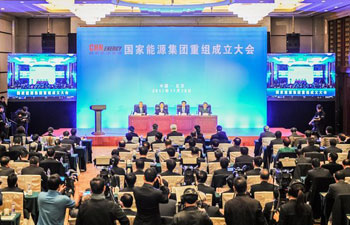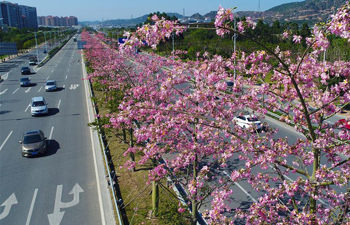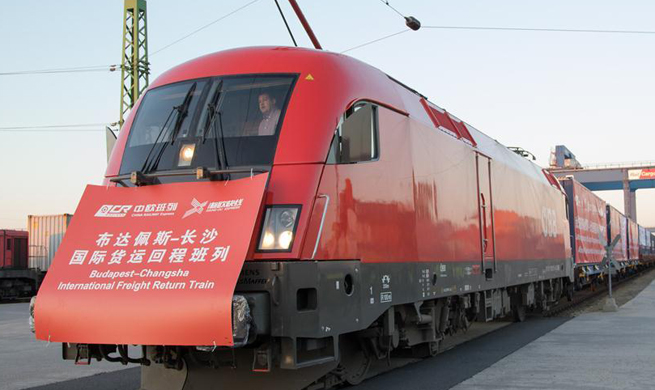HELSINKI, Nov. 28 (Xinhua) -- Finnish experts have been divided over the impact of widely-used robots on social inequality as well as the feasibility of taxing Artificial Intelligence equipment.
While some believe that the extensive usage of robots will lead to higher unemployment and thus less tax revenue, others argue that new technologies should not be blocked in smaller economies dependent on exports.
Sami Vahamaa, professor of Accounting and Finance at Vaasa University, told Finnish broadcaster Yle that the question concerns mainly western industrialized countries and that international coordination in this regard is needed.
He believes that the rich who own the robots will benefit from the development, meanwhile a sharp rise in the income difference is expected if no tax on robots is imposed.
Niku Maattanen, research director of ETLA, a leading economic research institute in Finland, says robotics may increase the social income differences temporarily. However, he says that efforts to block the advent of new technology are not a remedy to prevent the income gap from widening especially in a country like Finland, which is heavily dependent on exports.
In an interview with Yle, Maattanen says that even though robots will replace humans in some jobs, they at the same time raise the standard of living and will create demand for new jobs. "Never before in history a new technology has created a permanent mass unemployment," he says.
He suggests that Finland needs to be at the forefront of adopting new technologies. "The high standard of living and high salaries in industries require that we are ready to accept technologies that increase the productivity of work," he says.
Maattanen says robots are being taxed already today through corporate taxation and capital gains tax, and now the question is whether a separate tax should be levied on certain types of equipment.
Jarno Salmi, production chief at the Asea Brown Boveri (ABB) plant in Vaasa, western Finland, says "the fear there was unfounded."
Salmi told Yle the productivity of the ABB plant in Vaasa had increased 60 percent during the past five years with robots having been introduced. "There have been no repercussions on personnel," he says, and even the rate of reporting sick has declined.

















